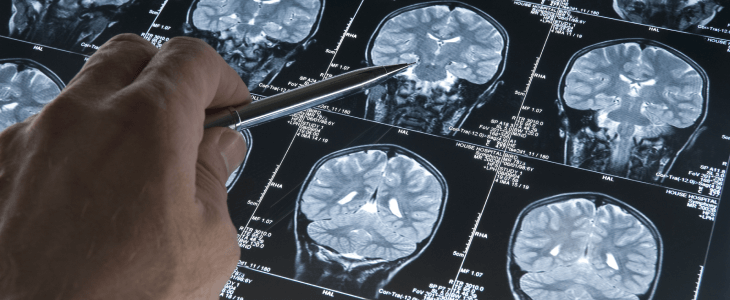A brain injury at work can be life-altering, impacting your physical, emotional, and financial well-being. Understanding the means to pursue justice, evidence requirements, and potential compensation available can help you manage this challenging situation and secure the support and money you need.
Your Legal Rights
In New York, employees who sustain injuries at work have several legal options for seeking compensation. The primary avenues include:
- Workers’ Compensation: Workers’ compensation is a no-fault insurance system that benefits covered employees injured on the job. This means you can receive compensation regardless of who was at fault for the injury. Benefits typically cover medical expenses, a portion of lost wages, and rehabilitation costs.
- Personal Injury Lawsuits: In some cases, you may be able to file a personal injury lawsuit against a third party whose negligence contributed to your injury. This is common in situations where defective equipment, unsafe conditions, or actions of non-employees led to the accident.
- Social Security Disability Insurance (SSDI): If your brain injury results in long-term or permanent disability, you may qualify for SSDI benefits. These federal benefits provide financial support to individuals with a qualifying work history who cannot work due to their disability.
Evidence Required for Your Claim
To successfully claim compensation for a brain injury, you must provide evidence supporting your case. That evidence can include:
- Medical Documentation: Medical records are crucial. These should include initial diagnosis, treatment plans, ongoing care, and expert opinions on the long-term impact of the injury.
- Accident Reports: Document the incident thoroughly. This includes filing an accident report with your employer that captures the specifics of the accident.
- Employment Records: Maintain records of your employment status, job duties, and any modifications to your work role due to the injury. This helps establish the impact of the injury on your ability to perform your job.
- Expert Testimony: In some cases, expert witnesses, such as medical professionals and vocational experts, are needed to provide testimony on the extent of the injury and its impact on your life and work capabilities.
Potential Damages Available
The compensation you may receive for a brain injury sustained at work can cover various accident-related losses, including:
- Medical Expenses: Current and future medical costs related to your injury, such as hospital bills, surgeries, medications, therapy, and rehabilitation.
- Lost Wages: Workers’ compensation typically covers a portion of your lost wages during the recovery period. In personal injury cases, you may also claim compensation for lost future earning capacity if the injury impacts your ability to work long-term.
- Pain and Suffering: Personal injury lawsuits can include compensation for subjective harm such as pain, suffering, emotional distress, and loss of enjoyment of life.
- Rehabilitation and Therapy: Both workers’ comp and a third-party claim may cover costs for physical therapy, occupational therapy, and other rehabilitation services necessary for your recovery.
- Permanent Disability: If the brain injury leads to permanent disability, you may be entitled to additional compensation for long-term care and adjustments needed for your daily living. Under workers’ compensation, if your injury prevents you from ever returning to work, disability payments continue for life.
Steps to Filing a Claim
Filing a claim can be complicated, but understanding the essential steps can help you effectively pursue the compensation and justice you deserve.
- Consult an Attorney: An experienced personal injury attorney can thoroughly assess your case and advise you on the best legal strategy.
- File a Workers’ Compensation Claim: Report the injury to your employer immediately and file a workers’ compensation claim. Adhere to all deadlines and provide complete documentation to support your claim.
- Investigate Third-Party Liability: If a third party’s actions or wrongdoing contributed to your injury, your attorney can help investigate and potentially file a personal injury lawsuit against the responsible parties.
- Gather Evidence: Collect all necessary documentation, including medical records, accident reports, witness statements, and expert testimony, to build a strong case.
- Pursue Additional Benefits: If applicable, your attorney can assist you in applying for SSDI benefits and any other available support programs.
Contact Our Central New York Brain Injury Attorneys
Suffering a brain injury at work can be overwhelming, but understanding your rights and the compensation avenues available can provide much-needed relief. CDH Law PLLC attorneys have a proven history of securing compensation for personal injury victims in Syracuse, NY. Contact us for a consultation and take the first step towards reclaiming your life and future.



